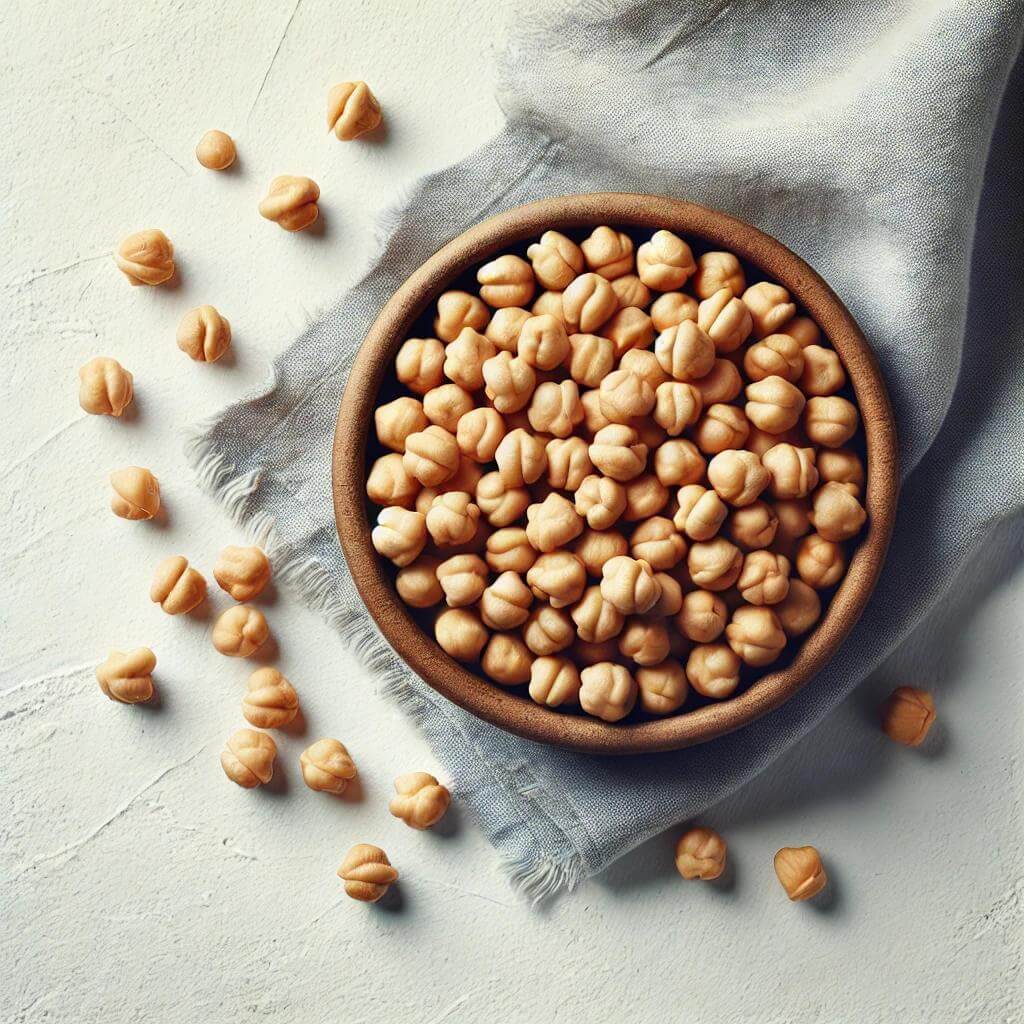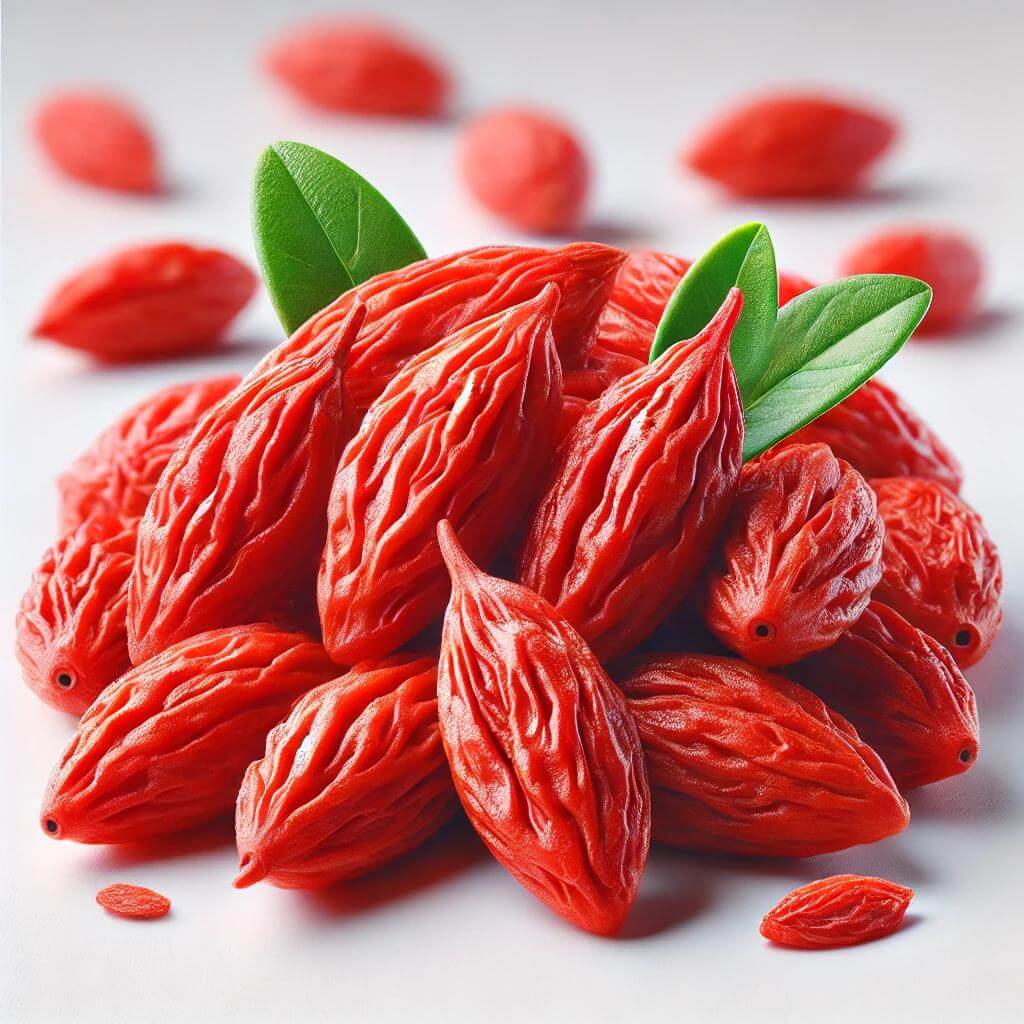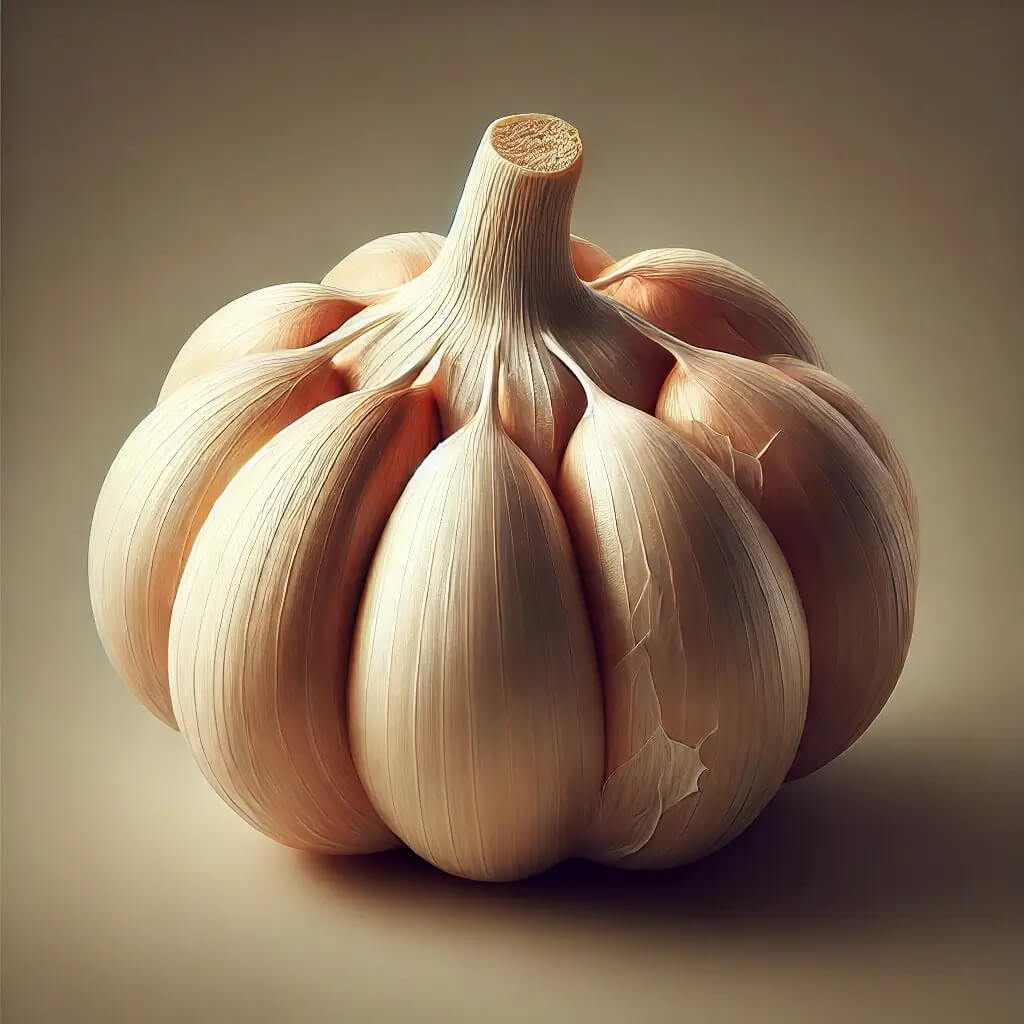Chickpeas: The Nutrient-Packed Superfood You Need in Your Diet

Chickpeas, also known as garbanzo beans, are small, round legumes that have been a staple in Middle Eastern and Mediterranean diets for thousands of years. These versatile beans are known for their nutty flavor and firm texture, making them a popular ingredient in a variety of dishes, from salads and soups to the famous hummus and falafel. Chickpeas are not only delicious but also incredibly nutritious, earning them the status of a superfood. Rich in protein, fiber, vitamins, and minerals, chickpeas offer numerous health benefits that make them an essential part of a balanced diet. In this article, we’ll explore the many reasons why chickpeas are considered a superfood and how you can incorporate them into your daily meals.
Health Benefits of Chickpeas
1. High in Plant-Based Protein
Chickpeas are an excellent source of plant-based protein, making them an ideal choice for vegetarians, vegans, and anyone looking to reduce their meat consumption.
- Supports Muscle Growth and Repair: Protein is essential for building and repairing tissues, including muscles. Chickpeas provide a high-quality protein source that contains all the essential amino acids, although not in perfect proportions, which can be complemented by other plant-based proteins.
- Helps Maintain Healthy Skin and Hair: Protein is also crucial for maintaining healthy skin, hair, and nails. The amino acids in chickpeas support the production of collagen and keratin, proteins that are essential for skin elasticity and hair strength.
- Promotes Satiety: Protein-rich foods like chickpeas help promote feelings of fullness, reducing the likelihood of overeating and aiding in weight management.
2. Rich in Dietary Fiber
Chickpeas are packed with dietary fiber, which is vital for digestive health and overall well-being.
- Improves Digestion: The high fiber content in chickpeas helps regulate bowel movements by adding bulk to the stool, preventing constipation, and promoting a healthy digestive system.
- Supports a Healthy Gut Microbiome: Fiber serves as a prebiotic, feeding the beneficial bacteria in the gut, which play a crucial role in overall health, including immune function and mental well-being.
- Lowers Cholesterol Levels: Soluble fiber in chickpeas binds to bile acids in the digestive tract, which helps lower LDL (bad) cholesterol levels and reduces the risk of heart disease.
3. Aids in Weight Management
Chickpeas are low in calories but high in nutrients, making them an excellent food for weight management.
- Promotes Satiety: The combination of protein and fiber in chickpeas helps promote satiety, keeping you feeling full longer and reducing the likelihood of overeating.
- Low in Calories: Despite being nutrient-dense, chickpeas are relatively low in calories, making them a great choice for those looking to maintain or lose weight.
- Supports Metabolism: The nutrients in chickpeas, particularly the B vitamins and magnesium, support a healthy metabolism, helping the body burn calories more efficiently.
4. Supports Heart Health
Chickpeas contribute to cardiovascular health by providing nutrients that support heart function and reduce the risk of heart disease.
- Lowers Blood Pressure: Chickpeas are rich in potassium, a mineral that helps regulate blood pressure by balancing sodium levels and promoting vasodilation, the relaxation of blood vessels.
- Reduces Cholesterol Levels: As mentioned earlier, the fiber in chickpeas helps lower LDL cholesterol levels, further supporting heart health.
- Contains Antioxidants: Chickpeas are a good source of antioxidants like polyphenols, which help protect the heart by reducing oxidative stress and inflammation.
5. Stabilizes Blood Sugar Levels
Chickpeas have a low glycemic index (GI), which means they have a minimal impact on blood sugar levels, making them an excellent food choice for individuals with diabetes or those looking to manage their blood sugar.
- Slows Sugar Absorption: The fiber in chickpeas slows the absorption of sugar into the bloodstream, helping to maintain stable blood sugar levels and prevent spikes.
- Improves Insulin Sensitivity: Regular consumption of chickpeas has been shown to improve insulin sensitivity, reducing the risk of type 2 diabetes.
- Reduces Cravings: The combination of fiber and protein in chickpeas helps prevent sugar cravings by keeping you full and satisfied.
6. Supports Bone Health
Chickpeas are a good source of minerals that are essential for maintaining strong, healthy bones.
- Rich in Calcium and Magnesium: Calcium and magnesium are crucial for bone health. Calcium is necessary for bone formation and maintenance, while magnesium helps with calcium absorption and the proper functioning of muscles and nerves.
- Contains Phosphorus: Phosphorus works with calcium to build and maintain bones and teeth, reducing the risk of bone disorders such as osteoporosis.
- Provides Vitamin K: Chickpeas are a source of vitamin K, which is essential for bone metabolism and the regulation of calcium in the body.
7. Promotes Mental Health
The nutrients in chickpeas contribute to mental health by supporting brain function and reducing the risk of mood disorders.
- Rich in Folate: Folate is essential for brain function and plays a crucial role in the production of neurotransmitters like serotonin, which regulate mood.
- Contains Magnesium: Magnesium helps regulate the stress response and supports relaxation, reducing the risk of anxiety and depression.
- Supports Cognitive Function: The combination of vitamins, minerals, and antioxidants in chickpeas supports overall cognitive function and may reduce the risk of age-related cognitive decline.
How to Incorporate Chickpeas into Your Daily Diet
Chickpeas are incredibly versatile and can be easily incorporated into a variety of dishes. Here are some practical ways to include chickpeas in your daily diet:
- Hummus: Blend cooked chickpeas with tahini, olive oil, lemon juice, and garlic to create a delicious and nutrient-packed hummus. Enjoy it as a dip with vegetables, a spread on sandwiches, or a topping for salads.
- Salads: Add cooked chickpeas to salads for a boost of protein and fiber. They pair well with leafy greens, tomatoes, cucumbers, and a tangy vinaigrette.
- Soups and Stews: Chickpeas add texture and nutrition to soups and stews. Try adding them to vegetable soups, curries, or a hearty Moroccan-style stew.
- Roasted Chickpeas: For a crunchy snack, roast chickpeas with olive oil, salt, and your favorite spices. They make a great alternative to chips and are perfect for on-the-go snacking.
- Chickpea Flour: Chickpea flour, also known as gram flour, can be used in baking or as a base for savory pancakes and flatbreads. It’s a gluten-free option that adds a nutty flavor and boosts the protein content of your dishes.
- Falafel: Use chickpeas to make falafel, a popular Middle Eastern dish. Blend chickpeas with herbs, spices, and onions, form into patties, and fry or bake until crispy.
- Buddha Bowls: Include chickpeas in Buddha bowls along with grains, vegetables, and a flavorful dressing for a balanced and satisfying meal.
Potential Disadvantages of Chickpeas
While chickpeas offer numerous health benefits, there are some potential drawbacks to consider:
1. Digestive Issues
Chickpeas are high in fiber and contain complex carbohydrates known as oligosaccharides, which can be difficult to digest for some people.
- Gas and Bloating: The high fiber content and oligosaccharides can cause gas, bloating, and cramping in some individuals, especially if consumed in large quantities. Soaking chickpeas before cooking and gradually increasing your intake can help reduce these symptoms.
2. Allergies
Although rare, some people may be allergic to chickpeas. Symptoms of an allergy can include itching, swelling, and digestive discomfort.
- Cross-Reactivity: People with allergies to other legumes, such as soybeans or lentils, may also be allergic to chickpeas. It’s important to consult with a healthcare provider if you suspect a legume allergy.
3. Oxalate Content
Chickpeas contain oxalates, which can contribute to the formation of kidney stones in susceptible individuals.
- Kidney Stones: Those with a history of kidney stones or conditions that predispose them to kidney stones should monitor their intake of high-oxalate foods, including chickpeas.
Nutritional Values of Chickpeas
| Nutrient | Amount per 100g | % Daily Value |
|---|---|---|
| Calories | 164 kcal | 8% |
| Carbohydrates | 27.4 g | 9% |
| Protein | 8.9 g | 18% |
| Fat | 2.6 g | 4% |
| Dietary Fiber | 7.6 g | 30% |
| Calcium | 49 mg | 5% |
| Iron | 2.9 mg | 16% |
| Magnesium | 48 mg | 12% |
| Potassium | 291 mg | 8% |
| Folate | 172 µg | 43% |
| Phosphorus | 168 mg | 17% |
Conclusion
Chickpeas are a nutritional powerhouse that deserves their status as a superfood. Their high protein and fiber content, combined with their impressive array of vitamins, minerals, and antioxidants, make chickpeas an essential addition to any diet. Whether you’re looking to support heart health, manage your weight, or improve digestive health, chickpeas offer a versatile and delicious way to enhance your overall nutrition. Their ability to stabilize blood sugar levels and support bone health further cements their place as a staple in a balanced diet.
Despite a few potential drawbacks, such as the possibility of digestive discomfort or allergies, the benefits of chickpeas far outweigh the risks for most people. By incorporating chickpeas into your daily meals, you can enjoy a variety of tasty and nutritious dishes that contribute to long-term health and well-being.
*Disclaimer: The information provided in this article is for educational and informational purposes only and should not be construed as health advice. The content is solely the personal opinion of the author and is not intended to be a substitute for professional medical advice, diagnosis, or treatment. Always seek the advice of your physician or other qualified health provider with any questions you may have regarding a medical condition or before starting any new diet or treatment. Read more



Post Comment